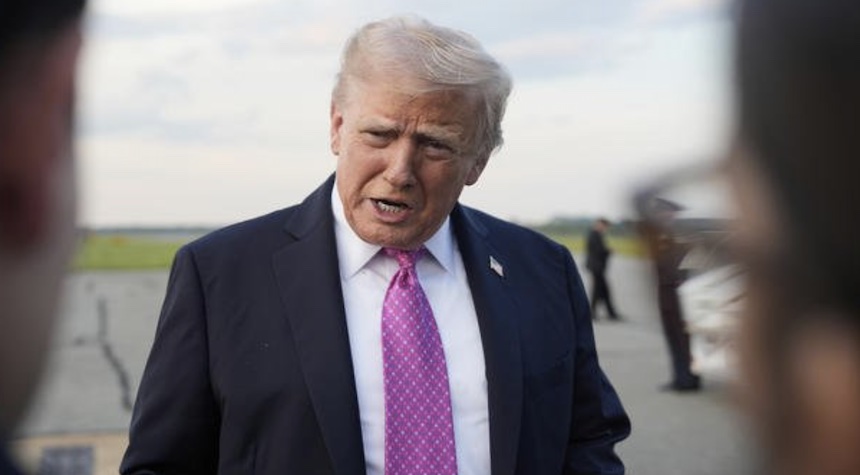President Donald Trump has signed an executive order to deploy National Guard troops to Memphis, Tennessee, in what he describes as an effort to combat crime in the city. This action mirrors a similar deployment in Washington, D.C. last month, raising questions about the extent of federal intervention in local law enforcement matters.
The President made this announcement during a meeting with Tennessee Governor Bill Lee in the Oval Office. The deployment will reportedly involve not only National Guard troops but also personnel from various federal agencies, including the FBI, Drug Enforcement Administration, Immigration and Customs Enforcement, and the U.S. Marshal’s Service.
The White House has cited crime statistics suggesting that Memphis has a higher crime rate than the national average. However, it’s important to note that recent reports from Memphis police indicate decreases across major crime categories in the first eight months of 2025, with overall crime reaching a 25-year low. This discrepancy in data interpretation raises important questions about the justification for federal intervention.

Memphis has indeed grappled with persistent gun violence issues, setting a record of over 390 homicides in 2023. Governor Lee has expressed support for the federal intervention, stating his frustration with the impact on the city. However, Memphis Mayor Paul Young, a Democrat, has publicly stated that he did not request National Guard assistance and does not believe it to be an effective strategy for reducing crime.
This development follows earlier reports that the administration was considering similar actions in other cities, particularly Chicago. The President has indicated that Chicago may be the next target for federal intervention, though the timeline remains unclear. The evidence suggests that such actions are likely to face significant resistance from local and state officials in areas with Democratic leadership.
Also Consider Reading: US–China Talks Kick Off in Spain Amid TikTok Deadline, Trade Tensions
These deployments raise fundamental questions about the balance between federal and local authority in law enforcement matters, as well as the appropriate use of military forces in civilian contexts.


